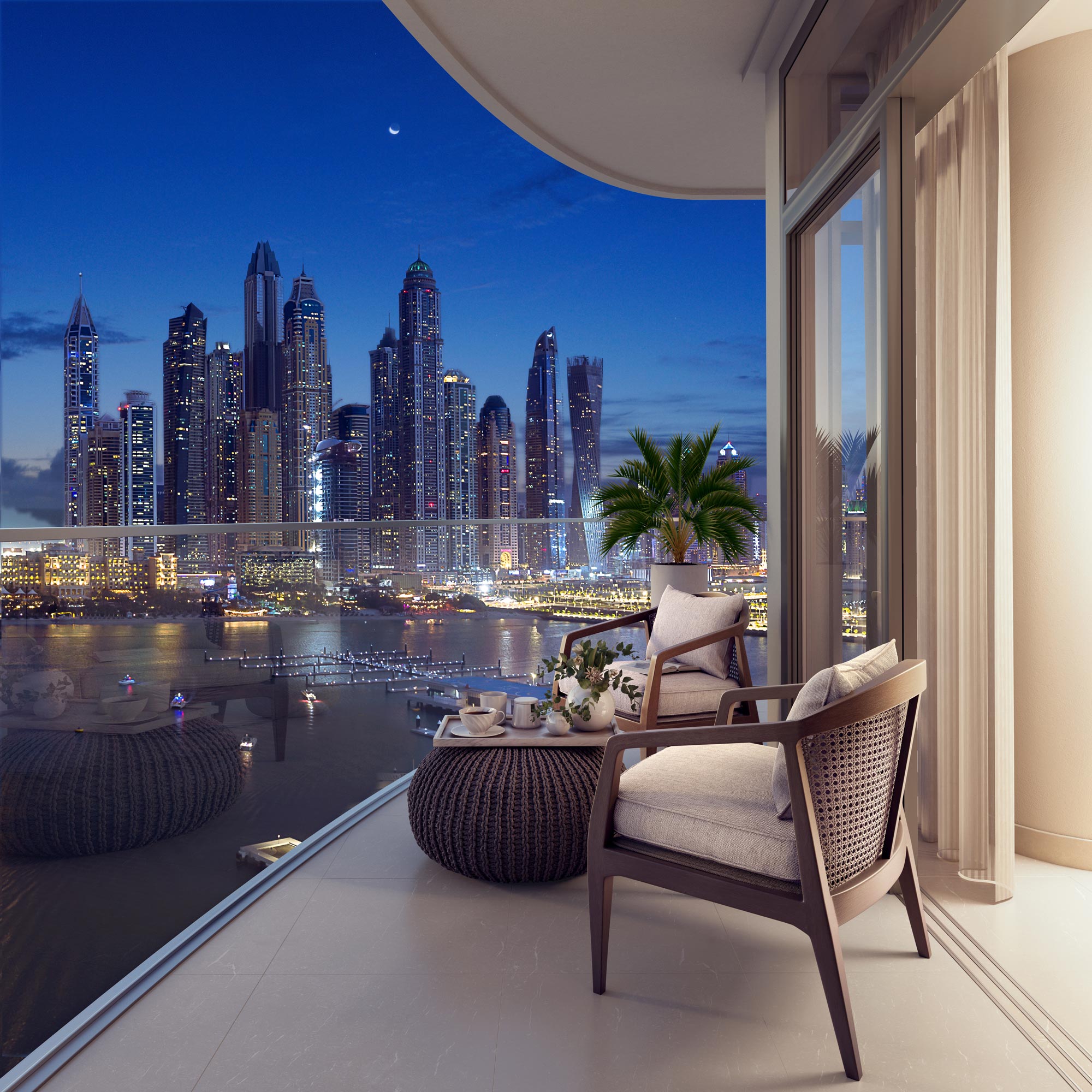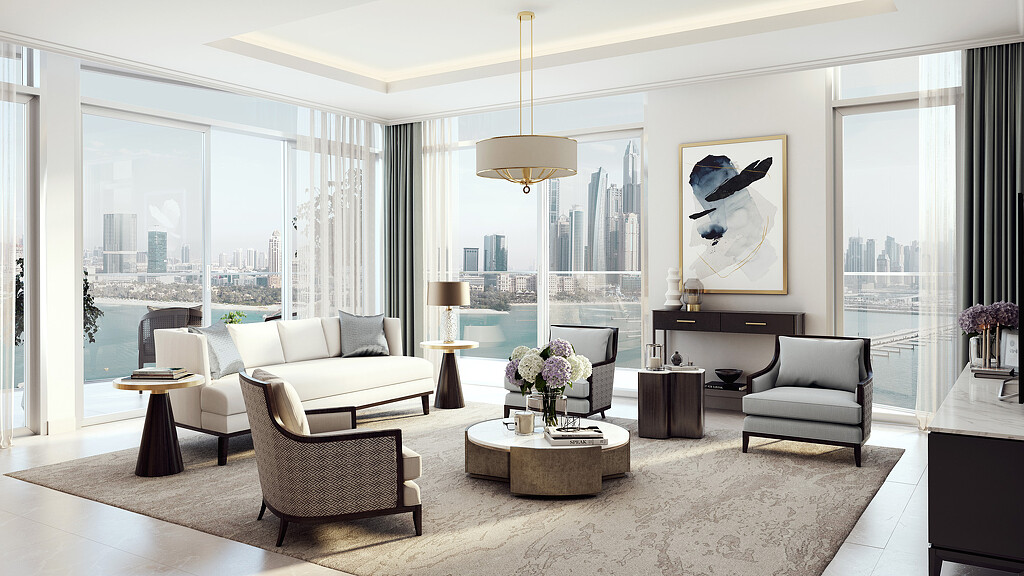Luxury + Convenience: Why Branded Residences Are in Demand Across the Globe
June 17, 2024 | By Diane Thorsen
The hospitality industry continues to navigate a complex recovery and growth phase in 2024, marked by varying international and regional dynamics and evolving market priorities. The expected long-term surge in travel demand has been tempered by various factors, including economic uncertainties, inflation, and changing consumer behaviors.
Globally, we see different recovery and growth trends. The U.S. has seen a return to both leisure and business travel, while popular destinations in Latin America like Mexico and Brazil are enjoying the return of tourists. Europe’s popular destinations, such as Portugal, Italy, Spain, and Greece, are attracting leisure travelers, and the Asia Pacific region continues to draw international travelers seeking unique cultural immersions. In the U.K., repositioning is seen as a growth opportunity. However, China has slowed dramatically due to market conditions. By contrast, the Middle East and the Kingdom of Saudi Arabia are experiencing robust growth in hospitality and an ambitious expansion of hospitality concepts.
In every region, hospitality has expanded beyond traditional hotels to influence the design of everything from workplaces to hospitals. In the residential sector, this is leading to an increased demand for high-end, branded residences that offer hotel-style services and amenities catering to a luxury lifestyle with added convenience and service.
The Opportunity for Developers and Operators
Developers and hotel operators are increasingly investing in and promoting branded residences for strategic reasons, driven by market demands, financial incentives, and brand enhancement opportunities. From the hotel operator’s perspective, branded residences offer a diversification of revenue streams, providing a stable and predictable income through sales and management fees. Unlike hotel rooms, which can have fluctuating occupancy rates, residences may offer a more consistent financial return. They also generate significant upfront capital and provide a continuous revenue source through ongoing management and service fees.
The Value of Brand Extension
Luxury hotel brands possess significant equity and loyalty. By extending their brand to residential properties, operators and developers can capitalize on the brand's reputation for quality and service, and attract loyal guests who align their lifestyle with the brand's market positioning. Branded residences are often seen as more prestigious and exclusive, enhancing the brand's image and appealing to high-net-worth individuals seeking luxury lifestyle experiences.
Responding to Market Demands
As urbanization continues, there is a growing market for luxury living spaces in major cities such as Dubai, Abu Dhabi, and Ras Al Khaimah in the United Arab Emirates. Branded residences cater to this demand by offering high-end living environments. With increasing global mobility, affluent individuals are looking for second homes in major cities worldwide. Branded residences provide a familiar, reliable option for these buyers, offering hotel-like amenities and services such as concierge services, housekeeping, in-residence dining, and access to hotel facilities like spas and well-equipped gyms.
Modern consumers seek a high-quality lifestyle that reflects their personas. Branded residences offer the appeal of luxury living with the convenience of being part of a larger hotel ecosystem.

Differentiation
In a crowded residential real estate market, branded residences can stand out due to their association with a reputable hotel brand. This differentiation can be a significant selling point for developers and hotel operators alike. Properties associated with well-known brands often have higher resale values, which can be attractive to buyers looking for a long-term investment.
Prime Locations for Developers
Branded residences are often located in prime, desirable locations, enhancing their appeal and value. Developers seek to leverage their existing real estate portfolio to develop these properties. Co-locating residences with hotels can create operational efficiencies, and sharing facilities and services can reduce costs and enhance the overall guest and resident experience.
A Natural Fit for Operators
Hotel operators can use their existing properties and infrastructure to develop branded residences, maximizing the value of their current real estate assets. Hotels already have the operational expertise and systems in place to manage high-end properties, making it easier to extend these services to residential units.
This trend reflects a broader shift towards integrating hospitality and residential living, offering consumers luxury, convenience, and a high-quality lifestyle. This strategy not only enhances the brand's market presence but also provides a stable and diversified revenue stream, positioning hotel operators for long-term success in the evolving real estate and hospitality landscapes. Our Gensler hospitality specialists respond to these evolving trends with a local perspective combined with global expertise. We curate unique experiences for guests, with tailored technology integration for seamless experiences. Our approach focuses on eco-friendly designs with health and wellness at the forefront, meeting the demand for responsible travel options.
For media inquiries, email .

